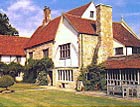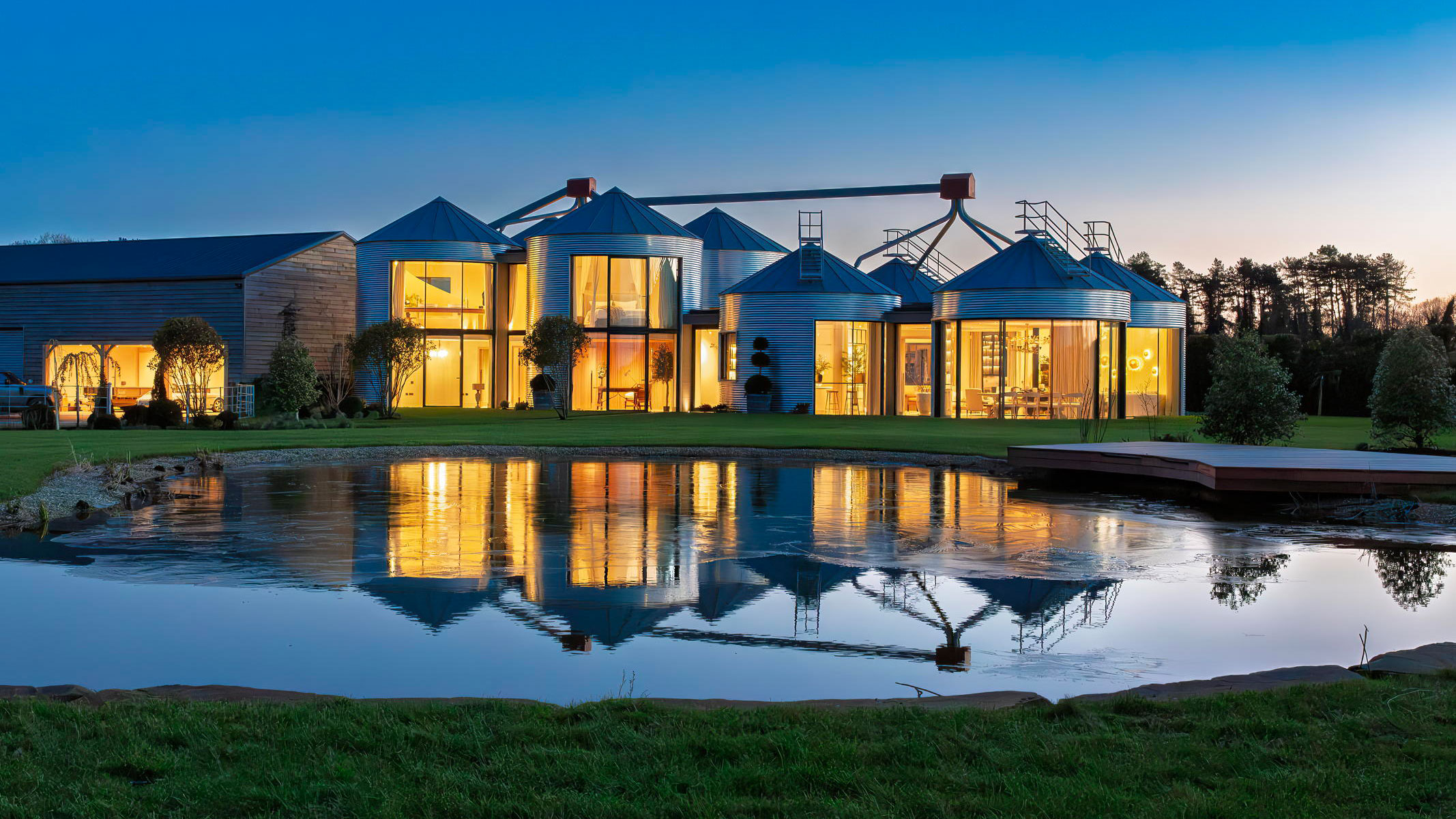House price falls continue
Nationwide reports continuing falls in house prices, with the ninth consecutive monthly drop reported for July


The price of an average house dropped during July to £169,316 says the latest report from Nationwide, bringing the annual fall to 8.1% although prices on average are still £11,000 higher than three years ago.
Activity in the housing market has slowed to almost a third of the transactions achieved last June, with no expectation of these numbers growing. The report says that 22% more lenders now expect that there will be less credit available to households over the next three months, which could limit a recovery in transactions. In addition to this, there are 41% fewer first-time buyers now than at the same time last year, which may be due to people waiting until prices fall further, or frustration in obtaining finance, which means that chains become longer and are more likely to break down.
'As the cost of mortgages begins to come down, activity could be bolstered and restore some liquidity to the housing market. However, this is not likely to happen overnight,’ said Chief Economist Fionnuala Earley. ‘Overall the weakening economy and poor housing market sentiment do not suggest that the market will recover quickly. But, if oil prices continue to fall and the MPC is satisfied that its inflation credentials are intact, the possibility of earlier rapid cuts in interest rates increases, which would be good news for borrowers.’
Economists are, however, doubtful about a recovery: ‘Finally, with household incomes taking another huge hit from the rise in gas and electricity prices announced yesterday, and growing numbers of borrowers facing the prospect of negative equity, the appetite among borrowers is likely to remain pretty limited, regardless of what happens to the supply of mortgage credit,’ said Ed Stansfield from Capital Economics. ‘In other words, the downward pressure on house prices is likely to remain in place for some time.’
Sign up for the Country Life Newsletter
Exquisite houses, the beauty of Nature, and how to get the most from your life, straight to your inbox.
-
 Uniquely unique? The Yorkshire grain silos transformed into a home that's a symphony in glass, steel and curves
Uniquely unique? The Yorkshire grain silos transformed into a home that's a symphony in glass, steel and curvesAmid the beautiful countryside of North Yorkshire, on the edge of the Castle Howard Estate, The Silos is a property for which the word 'house' simply doesn't cut it. And that's not the only way in which it's made us throw out the dictionary.
-
 Polluting water executives now face up to two years in prison, but will the new laws make much of a difference?
Polluting water executives now face up to two years in prison, but will the new laws make much of a difference?The Government has announced that water company executives caught covering up illegal sewage spills could now be imprisoned for two years, under new laws — but many still have their doubts.